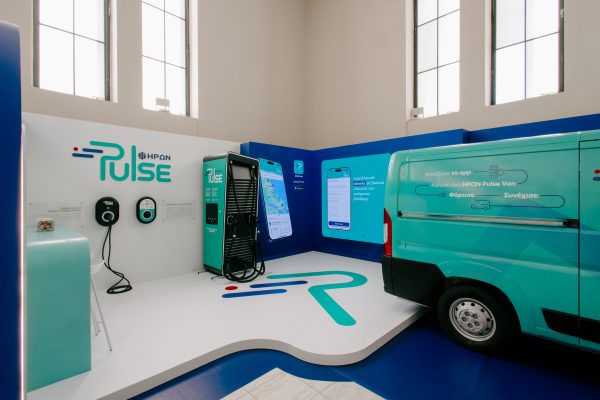
One step closer for Greek consumers are the satellite Internet services offered by Elon Musk’s Starlink, the OneWeb consortium and other companies.
The road is paved by a joint ministerial decision on the operation of satellite dishes that also function as transmitters, as opposed to satellite TV antennas that only operate as receivers and therefore do not use public electromagnetic spectrum.
The decision was co-signed by the Deputy Minister of Digital Government Thodoris Livanios and the Deputy Minister of Environment and Energy, Nikos Tagaras, following a proposal by the National Telecommunications and Post Commission.
Satellite Internet offers speeds of up to 100 Mbps and is mainly intended for remote areas that are not adequately covered by terrestrial networks.
The largest satellite Internet service today is SpaceX’s Starlink, which to date has launched about 1,600 small satellites in low Earth orbit.
The company plans to offer the service in Greece soon, possibly within the year.
In its final form, the company’s constellation will include thousands more satellites and will offer internet access from “anywhere in the world”, as promised by the company’s founder Elon Musk.
Also in the game are Britain’s OneWeb, which has launched several dozen satellites to date, and Jeff Bezos’ Amazon, which designs the Kuiper constellation but has not yet launched its own satellites.
Latest News

Economist: Greece Included in the Best Performing Economies in 2024
Meanwhile, Northern European countries disappoint, with sluggish performances from the United Kingdom and Germany.

EasyJet Expands Its Routes from Athens
The airline’s two new routes will be to London Luton and Alicante and they will commence in summer 2025.

Capital Link Forum Highlights Greece’s Economic Resurgence; Honors BoG Gov Stournaras
Capital Link Hellenic Leadership Award recipient, Bank of Greece Gov. Yannis Stournaras, an ex-FinMin, was lauded for his pivotal role during Greece’s economic recovery

Tourist Spending in Greece Up by 14%, Visa Card Analysis Shows
Greece’s capital Athens emerged as the most popular destination, recording a 17% increase in transactions with Visa cards, surpassing even the cosmopolitan island of Mykonos.

Inflation in Greece Unchanged at 2.4% in Nov. 2024
The general consumer price index (CPI) posted a 0.4% decrease in November compared to the previous month

2024 Christmas Holidays: Extended Shop Hours Schedule
The 2024 Christmas Holidays extended shop hours schedule commences on Thursday, December 12 and runs until the end of the year.

ELSTAT: Seasonally Adjusted Unemployment Down in October
The number of employed individuals reached 4,284,694, an increase of 67,723 compared to October 2023 (+1.6%) and 22,002 compared to September 2024 (+0.5%).

Greek PM’s Chief Economic Adviser Resigns
In the post on his Facebook page, Patelis did not disclose the reasons that led him to step down.

“Masdar Invests in the people of Greece and in the vision of TERNA ENERGY”
Four messages from the CEO of Masdar, the Arab renewable energy giant, after its acquisition of 70% of TERNA ENERGY

Lloyd’s List Greek Shipping Awards 2024: Honors for leading companies and personalities in the Greek shipping sector
20 awards presented at the 21st annual Lloyd's List Greek Shipping Awards

















![Χειμερινή εξοχική κατοικία: Οι Ελληνες γυρνούν την πλάτη παρά την πτώση των τιμών [γραφήματα]](https://www.ot.gr/wp-content/uploads/2024/12/Capture-19-90x90.jpg)
























 Αριθμός Πιστοποίησης Μ.Η.Τ.232433
Αριθμός Πιστοποίησης Μ.Η.Τ.232433